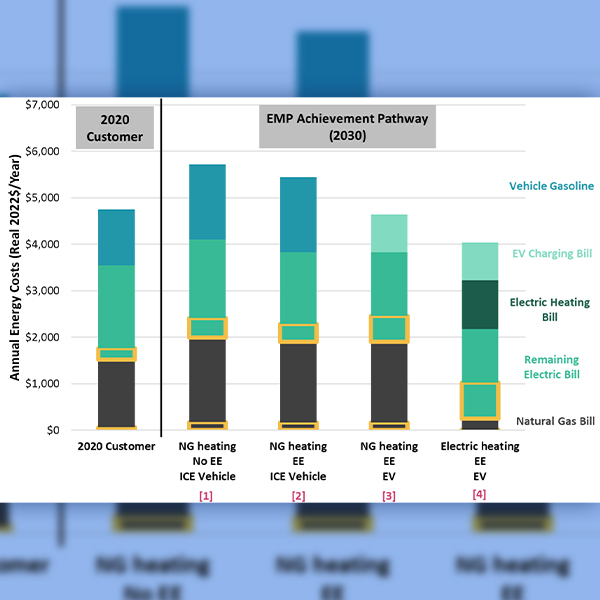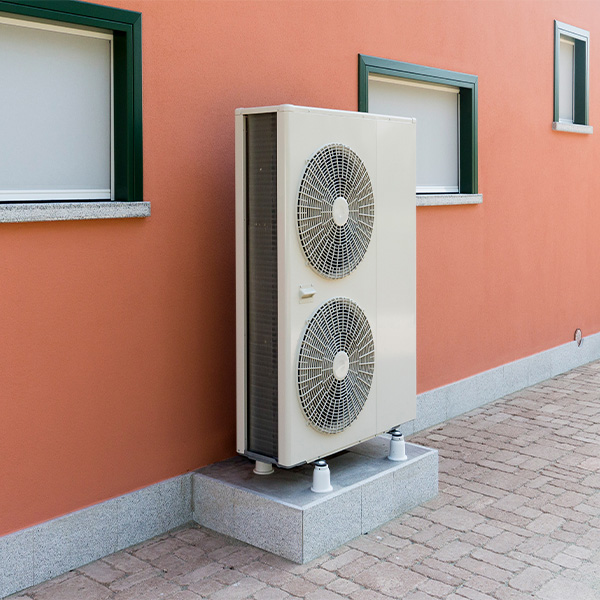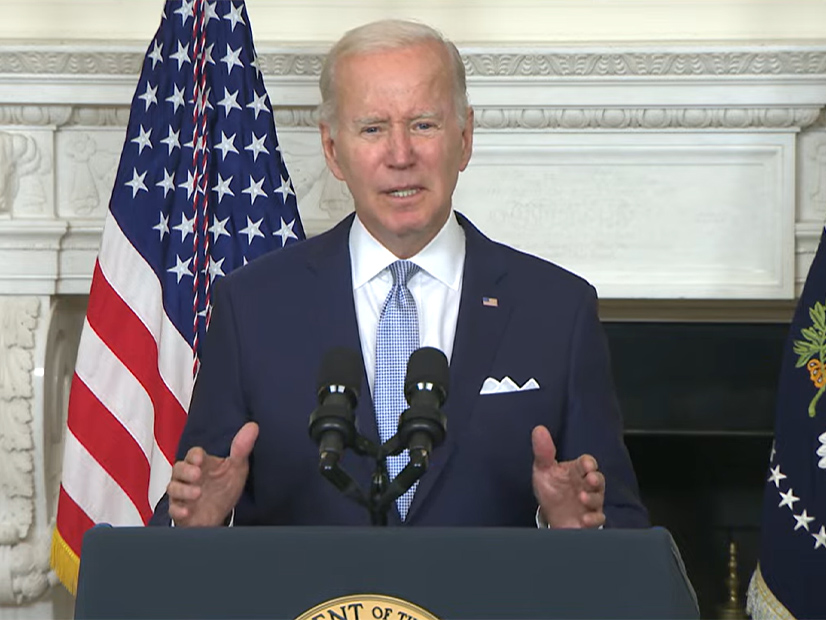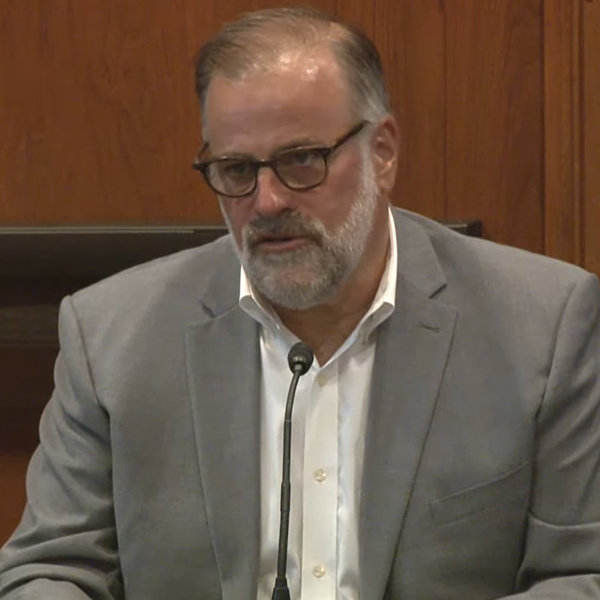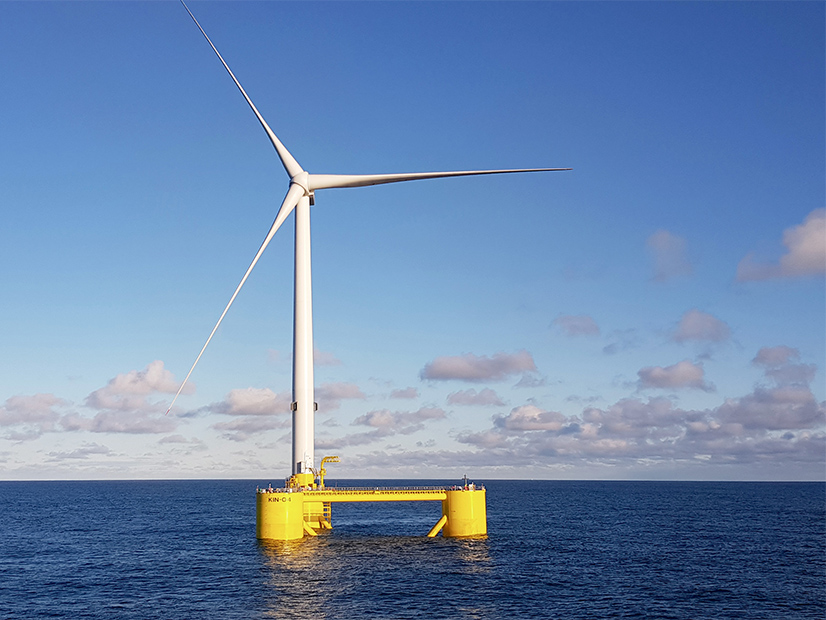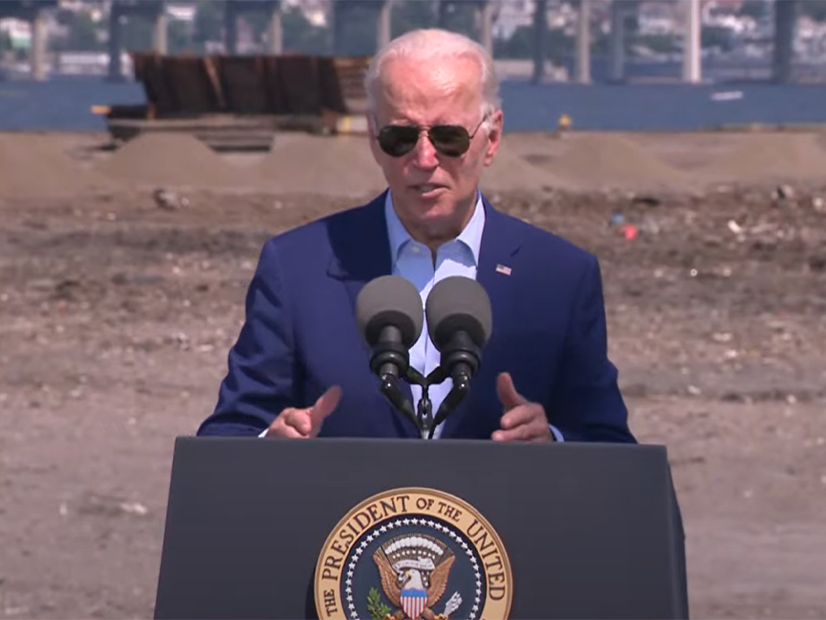Building Decarbonization
A study of ratepayer impact from New Jersey's Energy Master Plan concluded that clean energy-conscious residents could see a 16% cost reduction under the plan.
Minn.-based Andersen Corp. and Calif. startup Ubiquitous Energy have signed an agreement to develop and manufacture windows that double as solar power modules.
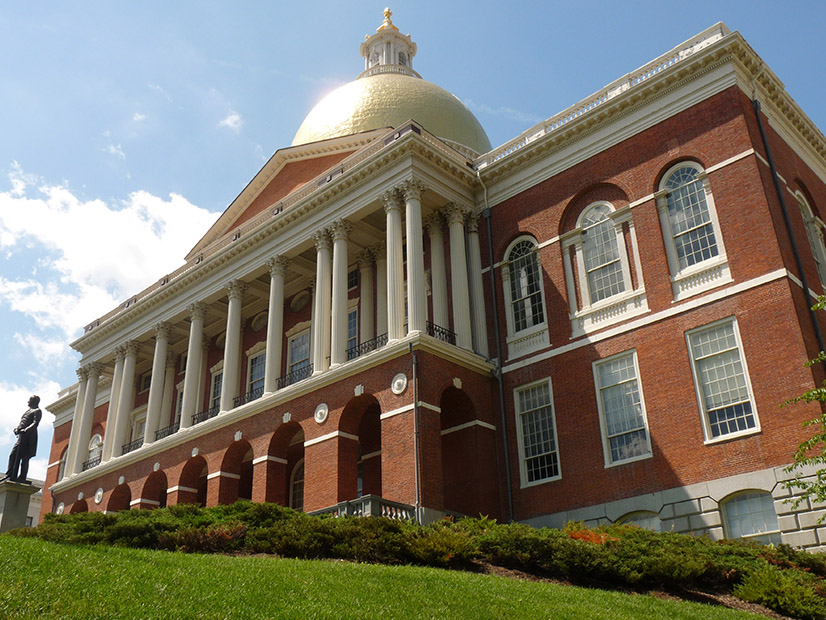
Ramontxotx, CC BY-SA-3.0, via Wikimedia
After a few days of wavering, Massachusetts Gov. Charlie Baker signed a compromise climate and clean energy bill sent to his desk by the state legislature.
Natural gas industry representatives shared what they believe are positive measures in the Inflation Reduction Act during a webinar.
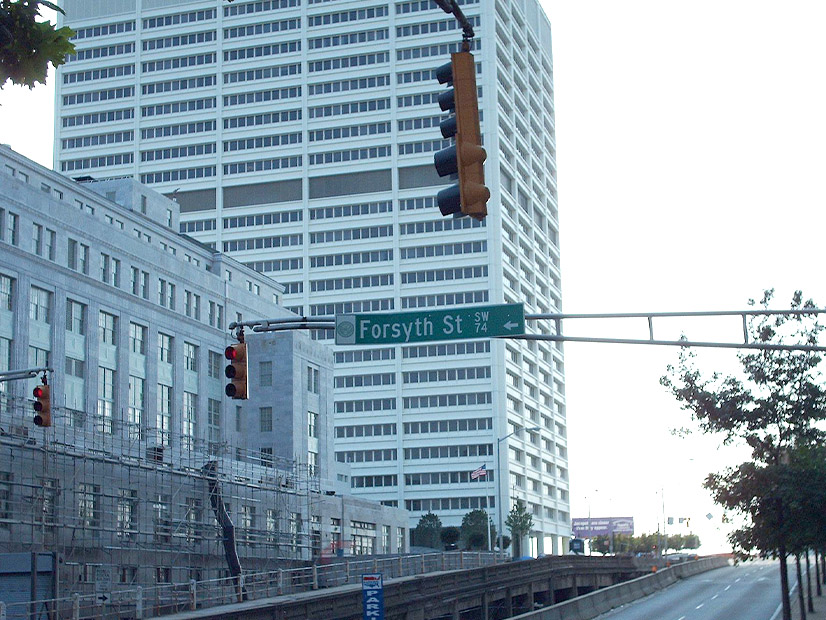
DukeArcTerex, CC BY-SA 3.0, via Wikimedia Commons
The Biden administration is looking to boost energy service performance contracts for federal buildings after a decline in their use during the Trump years.
Gov. Charlie Baker has an amended climate bill on his desk after a flurry of weekend action at the State House.
The Inflation Reduction Act carries the same number as the Build Back Better Act, but its $670 billion falls far short of the original $2.2 trillion.
The Infrastructure Investment and Jobs Act provides $753 million to help hydropower dams improve their efficiency, safety and resilience, according to NHA.
The state agency drawing up California’s plan to reach carbon neutrality by 2045 should take “even bolder action” on climate change, Gov. Gavin Newsom said.
President Biden on Wednesday proclaimed climate change a “clear and present danger” to the U.S., to which he would respond “with urgency and resolve.”
Want more? Advanced Search
